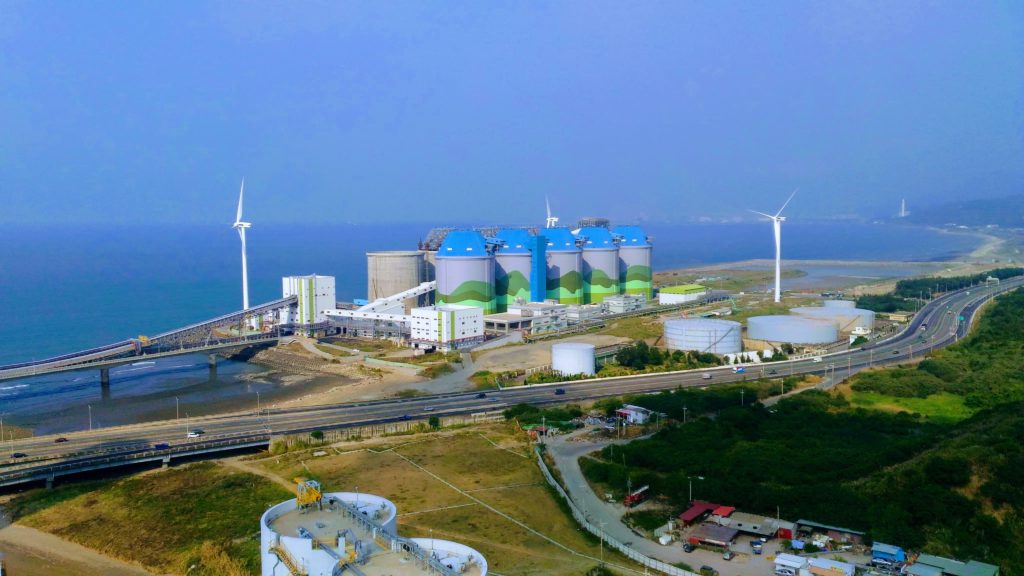Photo credit : Unsplash / @ korji123
|
Long spared because of their lack of connected systems, agrifood industries and the naval sector share a common concern today: the increased risk of cyberattacks caused by the gradual digitization of their activities. In July 2019, the US authorities launch the alert: ships passing through the Persian Gulf report a growing number of attempts to scramble the GPS signal to divert them from their route. A few weeks earlier, the Fleury Michon group’s vending plants were shut down for nearly four days following the infection of the systems with a computer virus. These two anecdotes have nothing to do with each other. They illustrate a reality: no sector of activity is spared by the risks of cyberattack. The CESIN (Information and Digital Security Experts Club) estimates in the 2019 edition of its annual barometer that 8 out of 10 companies are now experiencing the impact of cyber attacks, a result up 10 points over a year. The threats exploit both technical and human levers, ranging from ransomware to identity theft. And while some campaigns are targeted, most attacks are wide-ranging in search of vulnerability. Agri-food industries and the naval sector primarily concerned In this area, the sectors that are gradually digitizing their activities are particularly vulnerable. “With a new system, cybersecurity issues are generally taken into account from the design stage. The risk comes mainly from older systems that are updated along the way. Adding features and connectivity creates potential vulnerabilities, “said Vincent Verbeque, Technical Director at Thales. In cybersecurity, we speak of attack surface. The term refers to the set of weak points by which a hacker could seek to break into a system: the more it operates in a network and the more the attack surface increases. The problem therefore primarily concerns sectors such as agri-food and the naval sector, where historically partitioned systems from the rest of the world are connected. So how to meet its challenges of productivity or competitiveness without compromising the safety of its facilities? Of course, the answer lies in the implementation of technical solutions, but not only. “On board a boat that is under attack, you can not call an intervention team. It is therefore necessary that teams on board are able to detect possible attacks and put in place the necessary measures to reduce the consequences, “illustrates Vincent Verbeque. Master the information heritage In this context, awareness and training play a crucial role, but they do not dispense the actors concerned from longer-term thinking. “Of course, you have to begin by explaining threats and unsafe behavior to all employees, but the organization must also adapt its organization to learn how to prevent threats and react effectively in the event of an incident. For example, it has the advantage of encouraging synergies between industrial production specialists and IT professionals, “advises Denis Saout, information systems security manager at Triskalia. The reflection goes beyond the mere field of cybersecurity. “The challenge is to control its information heritage, that is to say, know all the information available and know precisely with whom they are shared,” adds Denis Saout. A call for projects to find innovative solutions To support this long-term approach, the sectors concerned by the digital transformation do not hesitate to turn to the actors of innovation, startups in mind. “We have to imagine new ways of anticipating the exploitation of faults that have not yet been specified, while keeping in mind that an effective solution in a terrestrial environment is not necessarily so with the constraints of the maritime world. “Says Vincent Verbeque. “Innovation is not only technological, it also involves support or the implementation of solutions,” recalls Denis Saout. Thales and Triskalia are among the sponsors of the “The Cyber Shield Quest” call for projects organized by Le Village by CA Finistère to accelerate the development of cybersecurity solutions applied to the naval sector or the agri-food industry. Open to all – researchers, students or young innovative companies – it offers the winners the opportunity to benefit from human and financial support in the realization of their project. |
